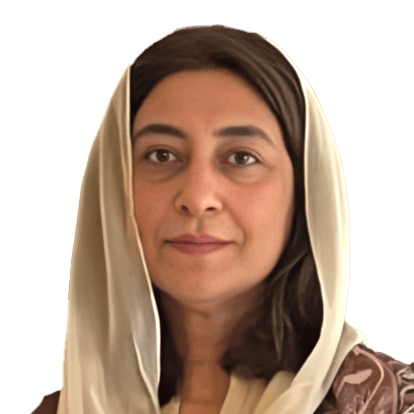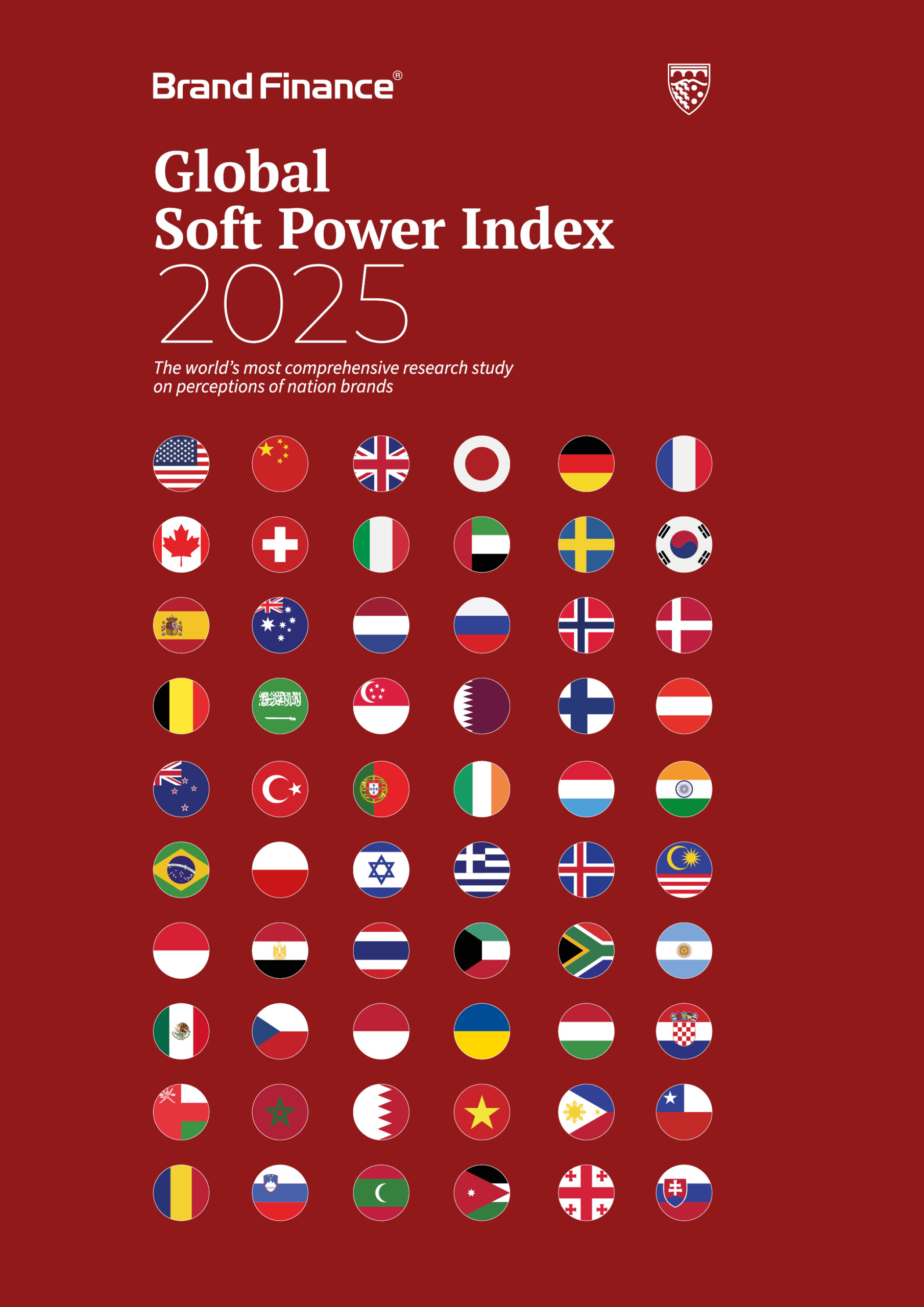This article was originally published in the Brand Finance Global Soft Power Index 2025

Economic Minister,
Pakistan High Commission in London
Women’s participation in business and international trade is a growing focus in Pakistan, with the Khadijah Programme garnering global recognition. What steps is Pakistan taking under this initiative and others to expand career opportunities for women in trade, and how does this align with the nation’s broader economic strategy?
The Government of Pakistan’s economic growth agenda recognises the potential for women in multilateral trade. An integrated approach ensures women gain access to emerging opportunities in global markets. The Khadijah Programme is a notable example, designed to empower women traders of goods and services by providing financial and digital literacy, training, capital access and international market connectivity. Women are equipped with skills to engage in cross-border trade, scale their businesses and become a part of the global supply and value chains. The emphasis is on creating sustainable ecosystems that enable women entrepreneurs across the country irrespective of geographical or sectoral diversity.
Pakistan’s Uraan Program includes several initiatives designed to expand career opportunities for women in trade, such as Women on Wheels. This initiative enables women to access work and educational opportunities in sectors where mobility is crucial, promoting economic independence and increasing their participation in trade and other high-growth industries.
The rise in ‘affairs I follow closely’ indicates that more people are paying attention to Pakistan’s affairs globally. How can Pakistan leverage this increased attention to turn the focus away from negative news towards positive developments in the country, and what role does economic diplomacy play in this effort?
Economic diplomacy must go beyond money and investment talk; its true measure is in bringing the world together. As we inch towards fragmentation, Pakistan stands committed to bridging divides and takes a people-centric approach to economic growth and development.
Despite political and economic challenges, Pakistan has always stood for peace, multilateralism and people-to-people contact for welfare gains. There are extraordinary stories of success in tech, climate solutions, cultural and sports achievements. Pakistani women have won Oscars, scaled mountains, and made their mark in international trade through programs like Khadijah.
As a woman working in economic diplomacy, I believe that economic development must expand to include a woman’s angle. Only then will it become a tool not just for investment and financial gains but for making the world one we can be proud of passing on to future generations. The rise in “affairs I follow closely” provides a unique opportunity to showcase Pakistan’s true face, offering the world a mirror to reflect this beauty.
With Pakistan undoubtedly a key player in international security, what do you see as the biggest challenges in developing its Soft Power? How is the nation working to address these and unlock new opportunities?
In a fragmented world, Pakistan maintains strong diplomatic ties with its neighbours, emphasising sovereignty and international law, positioning itself as a stabilising force in the region. It also has excellent diplomatic relations with leading economic powers, small and medium states in all continents of the world. It is a signatory to most multilateral treaties pertaining to security, climate and human development showing its commitment to shared responsibility towards global existence.
Internally, through a whole-of-government approach, Pakistan is focusing on boosting its exports, accelerating digital transformation, and developing green energy solutions while promoting sustainable practices and social justice. This integrated approach aims to rejuvenate Pakistan’s economy, uplift its predominantly young population into a new age of prosperity, and be a forward-looking nation. The Economic Minister’s office at the Pakistan High Commission London has promoted the Government of Pakistan’s agenda of inclusive growth through promoting women-led and entrepreneurs-driven economic growth for the country. All these steps are sure to contribute towards its Soft Power.

